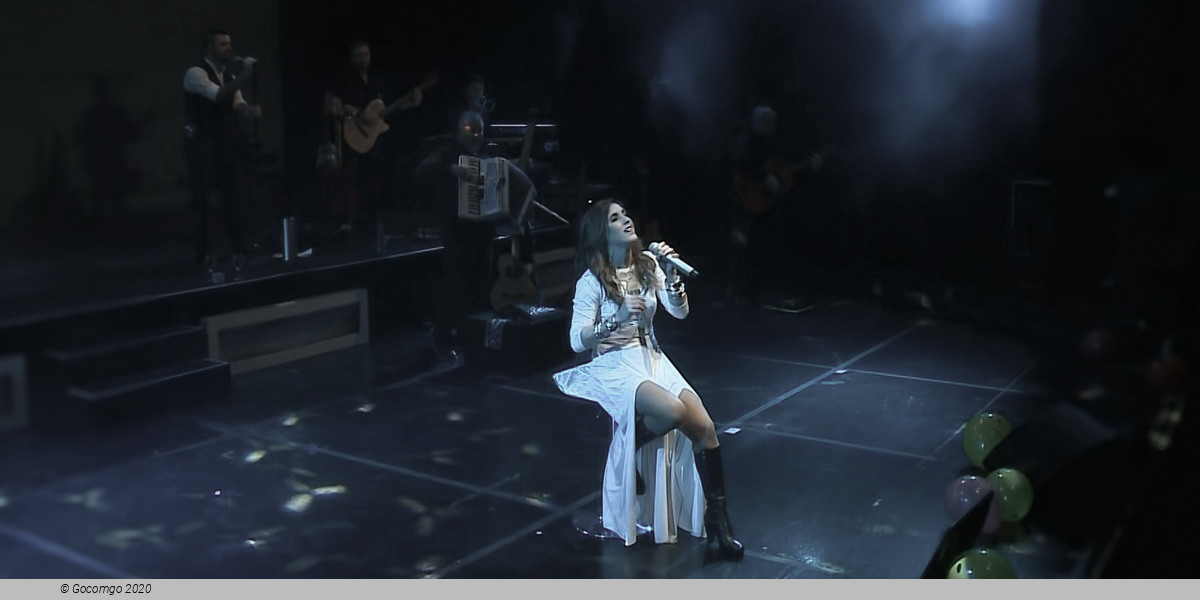Teatro Ópera Orbis (Buenos Aires, Argentina)
Teatro Ópera Orbis

The Opera Theater is located at Avenida Corrientes 860 in the city of Buenos Aires, Argentina, 200 meters from the Obelisk of that city. Ava Gardner, Édith Piaf, the Italian singer Mina Mazzini, the Folies Bergère, the Lido de Paris, Fairuz, R5 (band) among other international artists performed there.
The origin of the theater dates back to 1870, when businessman Antonio Pestalardo envisioned that Corrientes, which in those years was still a narrow street far from the center of Buenos Aires, would come alive with the installation of theaters. His project had many drawbacks, since the following year the yellow fever epidemic broke out, and to top it off, the city port was closed, blocking the entry of materials needed for the construction.1 Finally, Pestalardo achieved his goal and thus the “Teatro de la Ópera”,2 originally dedicated to the lyrical genre and inaugurated on May 25, 1872 with the opera Il trovatore. It was the first in the city to have gas lighting, an exception for the time.
In 1889 the building underwent a total remodeling, financed by its new owner Don Roberto Cano; and Rufino Varela installed an electric plant in the new building that allowed it to be self-sufficient, a privilege in the Buenos Aires of that end of the century. Already in 1936, the widening of Corrientes Street announced that the narrow street would become an important avenue, and although the demolitions were carried out on the north side of the street and it was not necessary to affect the theater building, its owner Clemente Lococo took advantage the opportunity to build the third and definitive Opera House.
In 1935, the Belgian architect Alberto Bourdon conceived the current Teatro Ópera, with a characteristic «Art Déco» façade (inspired by the Rex Cinema in Paris), with capacity for 2,500 people, a stage suitable for various shows and a large cinema screen.
In short, the Teatro Ópera is one of the most important at the building level in Buenos Aires, and one of the best pieces of «Art Deco» architecture in the city despite its late character, since towards the time of its construction, that style had already ceased to be avant-garde. Its façade is imposing, sporting a central volume with curved lines with columns and numerous elongated windows, which ends in a fully recognizable telescopic tower that gives the building its identity. At its ends, the front is covered in black granite, and with axial symmetry it shows off two strips covered in pieces of glass, drawing concentric semicircular patterns that are very characteristic of “Art Deco” decoration. The canopy is another element of great importance in this facade.


